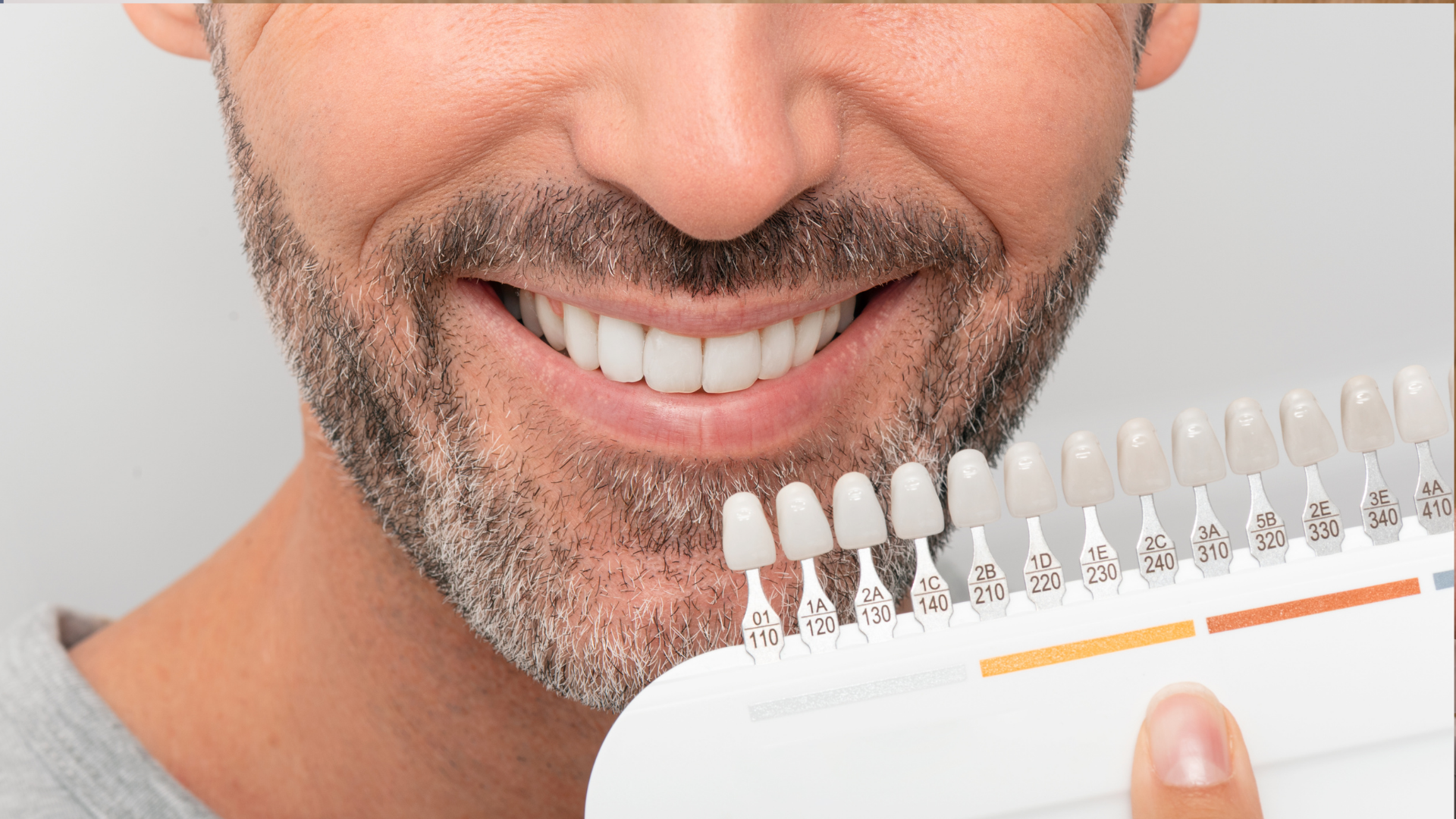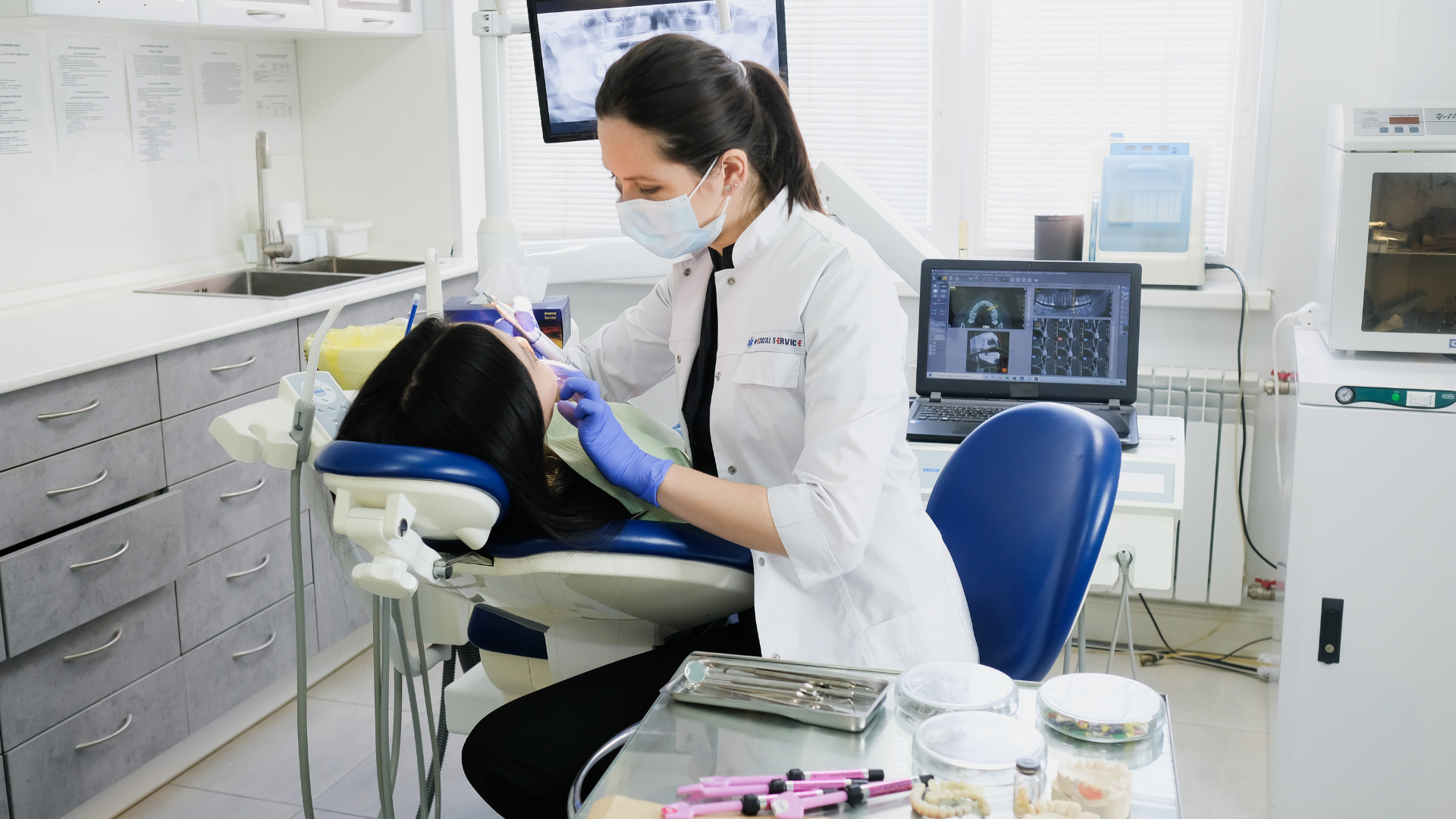Sleep Apnea Appliance
Dental Implants - Your Best Option for Replacing Missing Teeth
Introduction:
Sleep apnea is a common sleep disorder characterized by pauses in breathing or shallow breaths during sleep. It can lead to fragmented sleep, daytime fatigue, and increased health risks. However, a sleep apnea appliance, also known as a mandibular advancement device (MAD), offers a non-invasive and effective solution for managing this condition. In this article, we will explore the benefits of a sleep apnea appliance and how it can transform your sleep and overall health.
Understanding Sleep Apnea:
Sleep apnea occurs when the muscles at the back of the throat fail to keep the airway open during sleep, leading to breathing disruptions. The two main types of sleep apnea are obstructive sleep apnea (OSA), caused by a physical blockage of the airway, and central sleep apnea, resulting from a lack of proper brain signaling to control breathing. Both types can significantly impact sleep quality and overall well-being.
Benefits of a Sleep Apnea Appliance:
Improved Breathing and Oxygenation: A sleep apnea appliance is designed to reposition the jaw and tongue to keep the airway open during sleep. By advancing the lower jaw slightly forward, the appliance helps prevent airway collapse and promotes uninterrupted breathing. This leads to increased oxygenation and a reduction in breathing disturbances, allowing for more restful and restorative sleep.
Reduced Snoring: Snoring is a common symptom of sleep apnea and can disrupt not only the sleep of the affected individual but also that of their sleep partner. A sleep apnea appliance addresses the underlying cause of snoring by facilitating better airflow and reducing vibrations in the throat, resulting in quieter nights and improved sleep for both individuals.
Enhanced Sleep Quality: The uninterrupted breathing achieved with a sleep apnea appliance enhances sleep quality and promotes deeper, more rejuvenating sleep. By minimizing sleep interruptions caused by breathing pauses, individuals experience improved sleep continuity, leading to increased energy, mental clarity, and overall vitality during waking hours.
Non-Invasive and Comfortable: Unlike continuous positive airway pressure (CPAP) machines, which require wearing a mask and delivering pressurized air, sleep apnea appliances are non-invasive and comfortable to wear. They are custom-made to fit the individual's mouth and are typically made from a soft, flexible material. This makes them more comfortable and easier to adapt to, increasing compliance and long-term use.
Portability and Convenience: Sleep apnea appliances are highly portable, allowing individuals to maintain consistent treatment even while traveling. They are compact and can be easily carried, providing uninterrupted therapy wherever one goes. This convenience ensures that individuals can continue to manage their sleep apnea effectively, regardless of their location.
Conclusion:
A sleep apnea appliance offers a transformative solution for managing sleep apnea and its associated symptoms. By promoting open airways, reducing snoring, and enhancing sleep quality, these appliances provide a restorative sleep experience and contribute to overall health and well-being. If you suspect you have sleep apnea or have already been diagnosed, consult with a qualified dental professional experienced in sleep apnea treatment to explore the benefits of a sleep apnea appliance and take a step towards awakening to restful nights and revitalized days.



